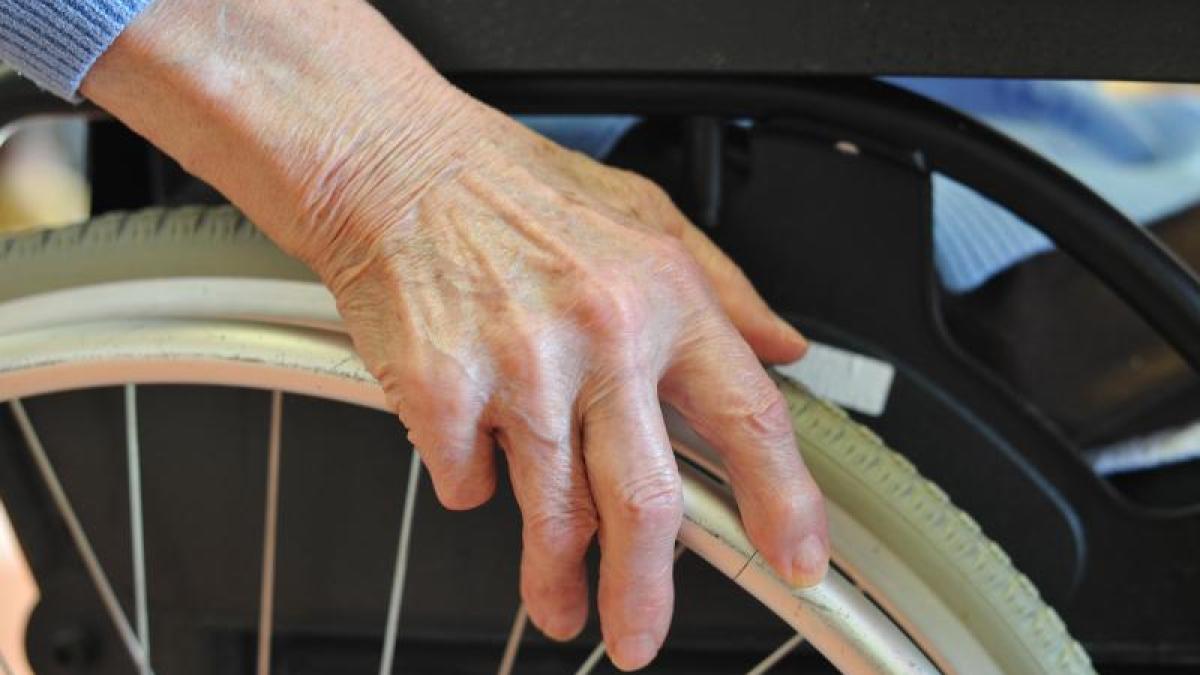primary
- The operation was performed on a 38-year-old man suffering from herpes virus-related keratitis, which left a large scar in his optic axis.
- It is the first clinical trial that will see seven more people receive artificial corneas at Montpellier University Hospital.
- The operation helps prevent rejection from donor transplants.
This is a great hope for patients with corneal disease, the third leading cause of blindness in the world. Current solutions include transplants from sometimes rejected donors that have a limited lifespan, often requiring a new transplant after ten years. In recent years, researchers have worked on an alternative: an artificial cornea transplant.
Seven patients will receive corneas in Montpellier during clinical trials
On Wednesday, November 10, the ophthalmological service of the University Hospital Montpellier placed the first artificial cornea transplant in Europe. The operation was performed on a 38-year-old man suffering from herpes virus-related keratitis, which left a large scar in his optic axis. On several occasions, the patient’s transplant was refused from Bordeaux. It is the first clinical trial that will see seven more people receive artificial corneas at Montpellier University Hospital.
The cornea model used in Israel was designed by Corneat Vision. It has the advantage of being synthetic and therefore avoids possible immune reactions. Last January, the first Israeli patient received an artificial cornea. Once the bandage was removed, the septuagenarian was able to recognize his relatives and read the numbers. In total, 45 patients participate in this study around the world, in Canada, the Netherlands, Israel, France, and in Paris and Montpellier.
Less stressful than a donor transplant
The process is also simplified compared to a transplant from a donor. This is because the artificial cornea requires fewer stitches and is more easily integrated into the eye tissue because it stimulates cell proliferation. At the University Hospital of Montpellier, the operation took nearly 3 hours but the surgeons believe it could be faster in the coming sessions. According to CorNeat, the recovery time is also faster. The artificial cornea mimics the microstructure of the extra cellular matrix, and this assembly of molecules binds cells and forms tissues.








